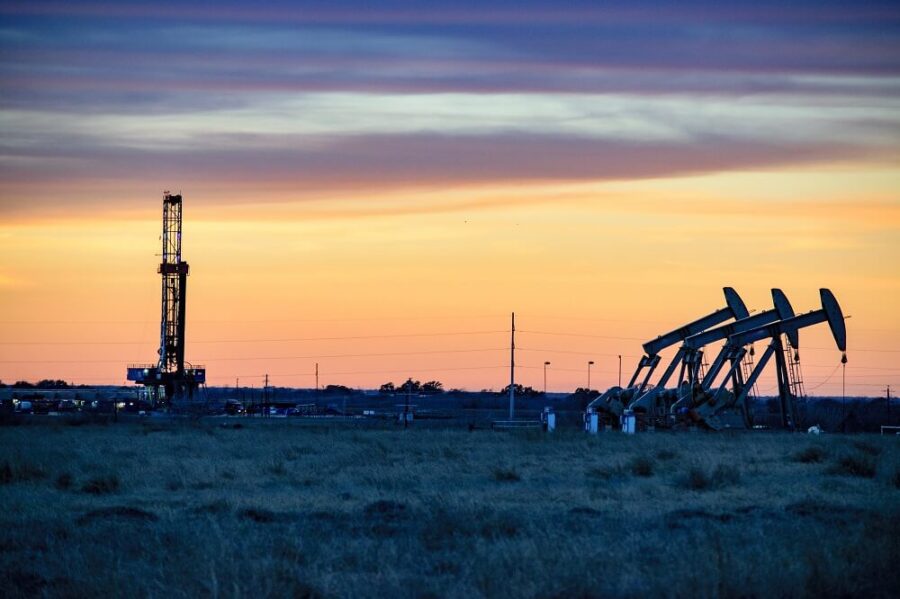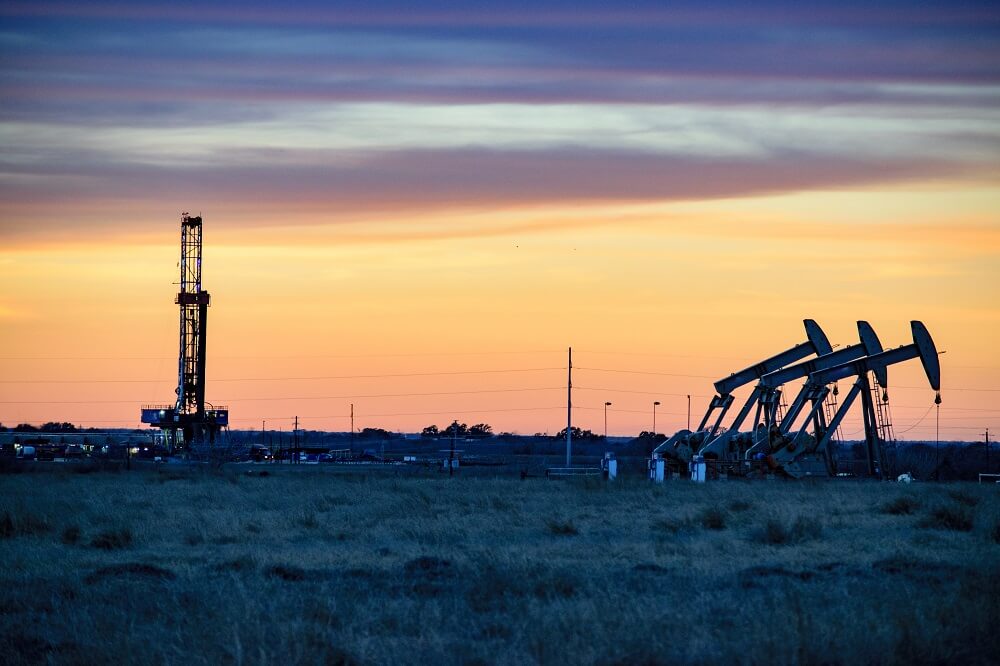
The Production Process Involved with Shale Oil and Gas

The field of shale oil and gas processing conducts an industrial process that takes raw shale oil and extracts oil from it. This process produces unconventional oil. Shale oil is found in sedimentary rocks. Because of this, extracting it is a process that is more complicated than the process involved with conventional oil extraction.
Wellbores cannot be used to pump it directly out of the ground. It is necessary to mine it first. After this, the shale oil is heated to high temperatures through a chemical process. Processes used include hydrogenation, pyrolysis, and thermal dissolution. This results in a petroleum-like liquid. This liquid must be separated and then collected. It is also possible to heat raw shale oil underground so that the petroleum-like fluid can then be pumped out.
Once shale oil is extracted through these methods, it is then taken to processing facilities for treatment to be used as fuel or in other various feedstock specifications.
The Production Process Involved with Shale Gas
The production process involving shale gas includes hydraulic fracturing and horizontal drilling. The use of these technologies makes it possible to unlock the full potential of tighter shale gas formations.
The hydraulic fracturing process, commonly referred to as fracking, is a technique used for well stimulation. It involves pumping fluid and a propping agent (often sand) into the wellbore. This is done under pressure to create fissures in the hydrocarbon-bearing rock. These agents prop open a fracture as soon as the pumps are shut off and begin to close.
Fractures begin in the horizontal wellbore. From there, they can extend up to several hundred meters while the sand keeps the fissures apart. This allows gas to flow into the wellbore.
The use of horizontal drilling makes it possible to penetrate the seam of hydrocarbon-bearing rock, which is often up to 90 m thick. This type of drilling maximizes the rock area in contact with the wellbore once it is fractured. The result has the effect of maximizing the volume of shale gas released.
5 Stages Involved with Producing a Well
There are 5 stages involved in the production of a well. They include:
- Drilling that punctures the ground so the wellbore can be drilled
- Completion that consists of the fracking of the well and the laying out of the pad
- During the construction process, all production equipment required to flow the well is installed (separators, tanks, interconnecting piping)
- During flowback, the well is opened, and the early (volatile) stage of production commences
- During production, the well normalizes so that it can consistently produce if downhole pressure is maintained
Processing Equipment Utilized Within the Shale Oil and Gas Industry
It is now time to look at the various types of processing equipment utilized in today’s shale oil and gas industry.
The Drilling Process
The depth achieved with vertical drilling can vary significantly. It depends on the depth of the shale gas strata and their location. It is generally expected that wells drill into layers of rocks and aquifers at distances up to 2 kilometers/within 150 m of the shale gas rock’s top that is hydraulically fractured. It is also possible to utilize a horizontal drill with greater power for the wellbore’s horizontal portion.
Well Casings
The well is sealed using well casings. They are installed to create a seal from the surrounding formation. They are also used to stabilize wells that are completed.
About Flowback
After drilling a well and fracturing the shale, next is cementing the casing, and laying the pad. The production equipment/piping is installed, and then the phase known as flowback can commence. This flowback process takes place over 30 to 120 days. It produces a fluid mix of water, natural gas, crude oil, and sand.
Wellhead Component Supplier
As the leading wellhead component supplier, our team at Forged Components is ready to provide you with a consultation on our products and services. Please reach out to our sales team today at (281) 441-4088 or contact us online to get a quote. We look forward to providing you with the answers to any of your questions and/or inquiries.
